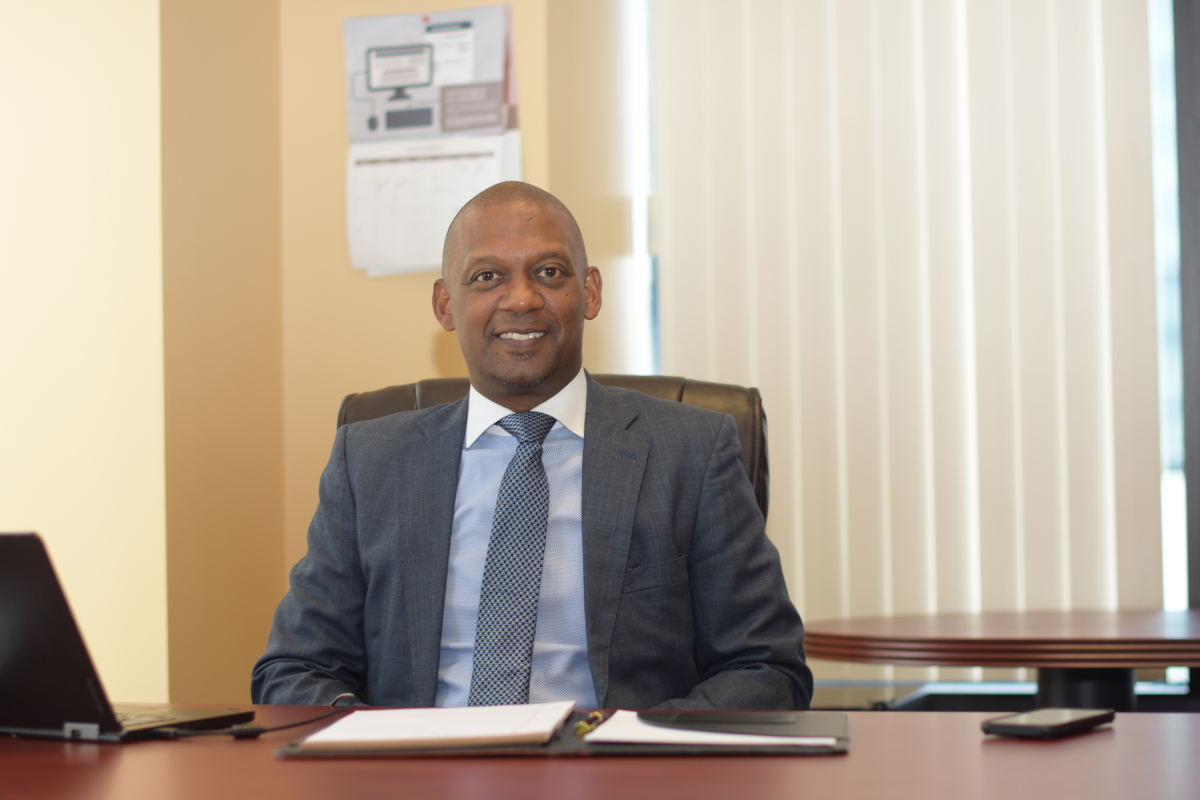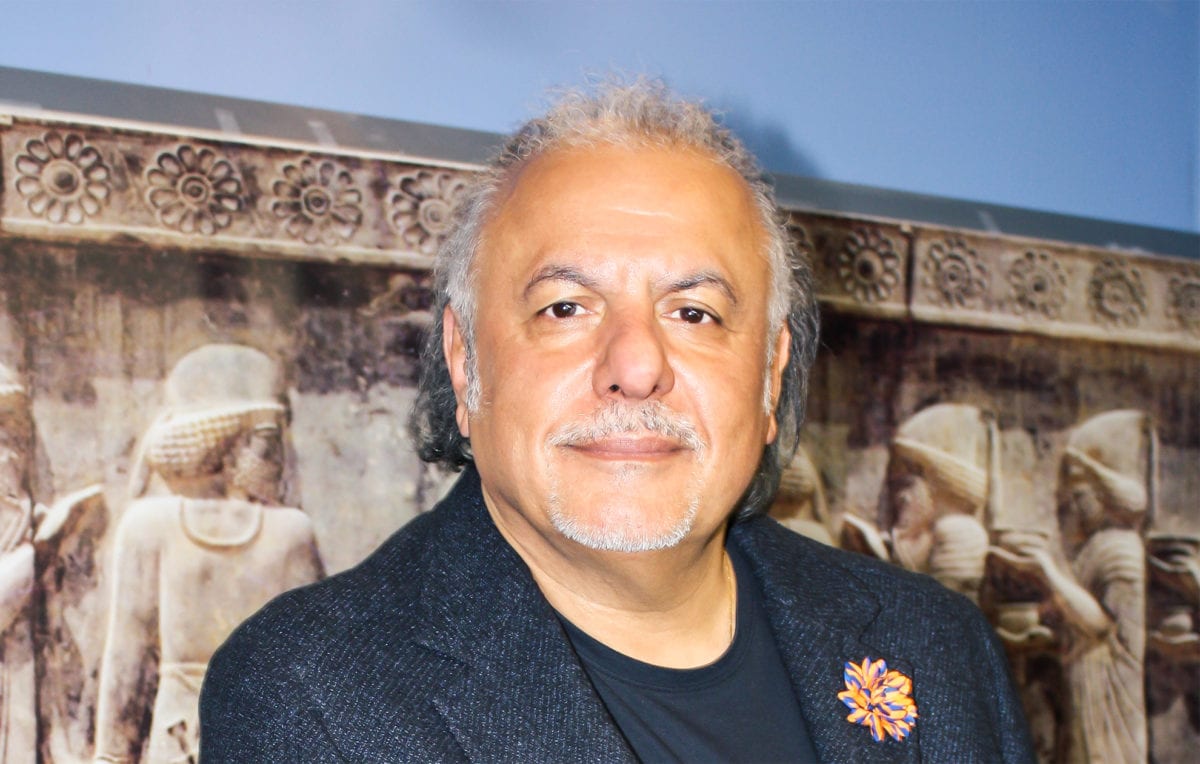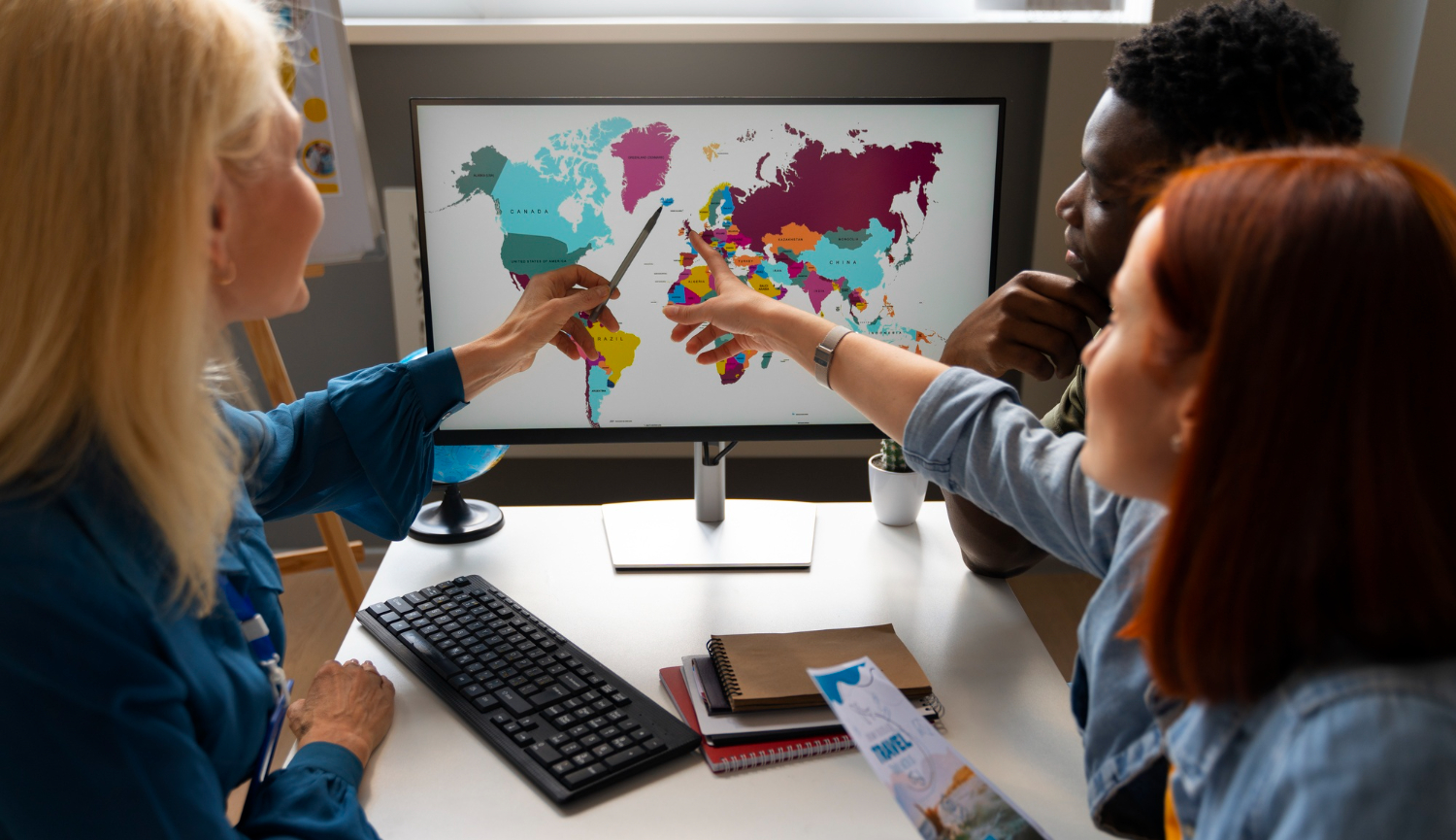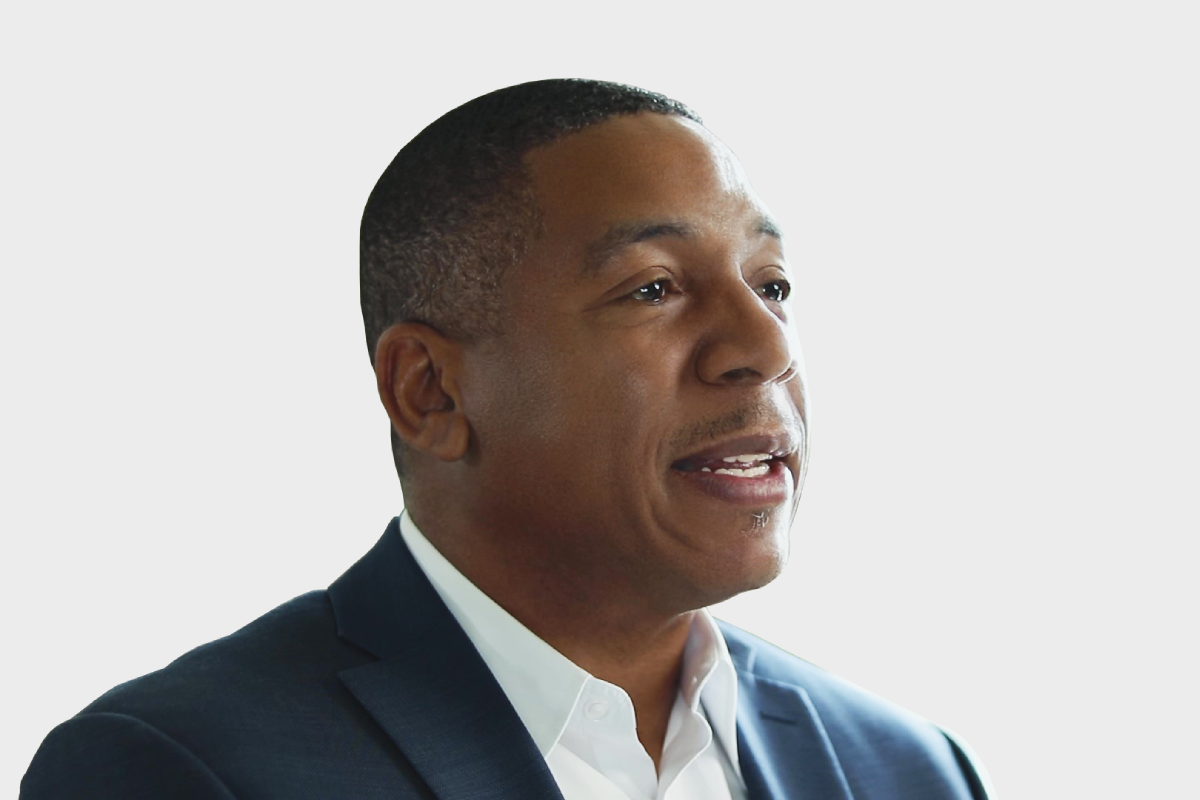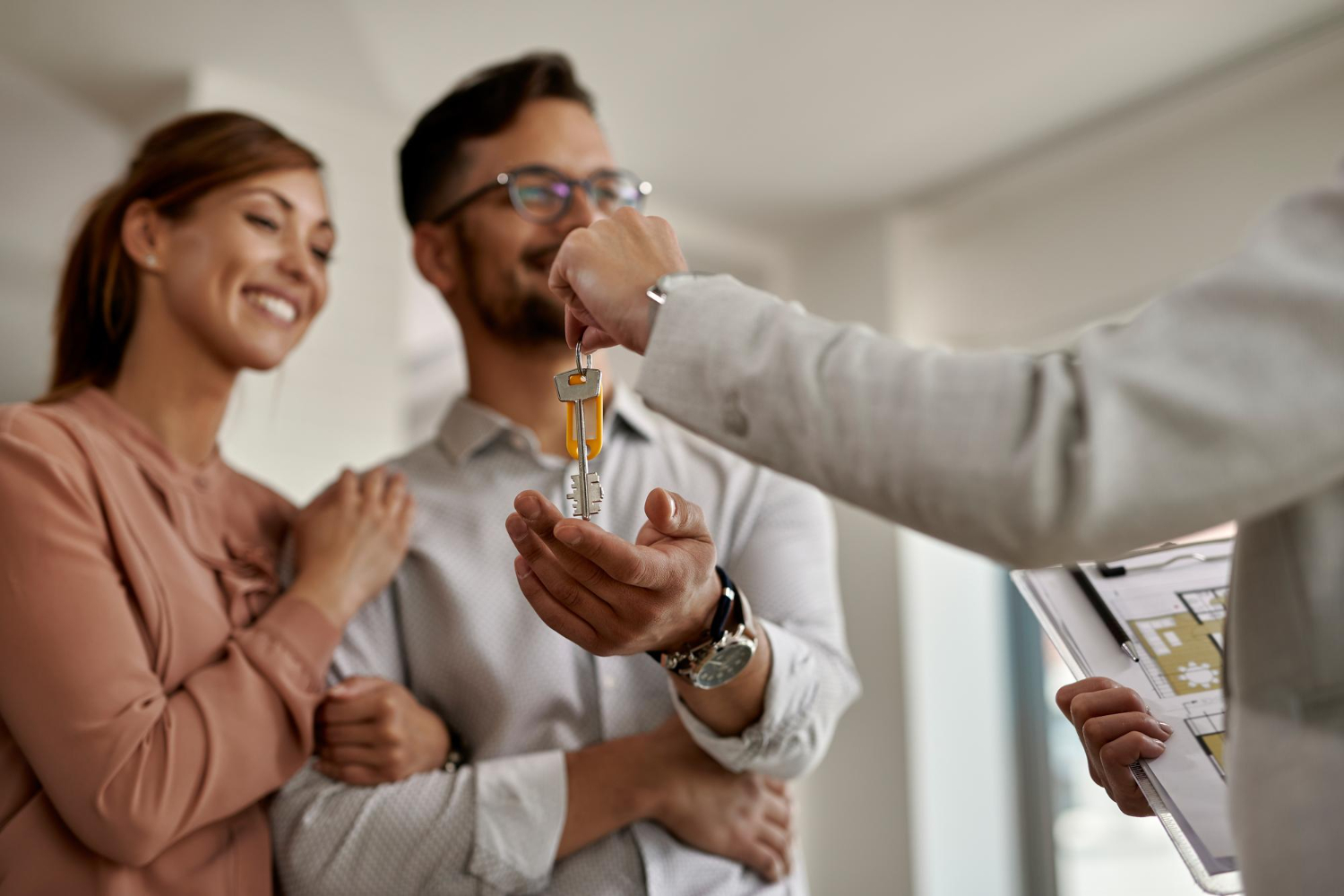Those who wish to make a difference in the world will never settle until they see their hard work finally paid off. Garry Bahadur is one of these people. He has always believed in chasing his dreams and making a positive impact on the world. He put aside his dream of pursuing a career in the music industry to focus on what he’s always been passionate about: nutrition and finance. He was inspired to launch Raw Essentials and Living Food Inc. (REAL Food) — a commodity-trading business focused on staples — and forming connections between Africa and the rest of the world.
Now, Bahadur advises developing African nations on how to sell their foods to the rest of the world. He strongly believes in Africa’s potential and how companies like his will be responsible for making Africa a pivotal global economic player. The Edge was privileged to chat with Bahadur to understand his business and its future.
Who are the customers of REAL Food, and what commodities does it currently deal in?
REAL Food predominantly sells to the West African states, primarily Senegal, Gambia, Benin, Togo, Liberia, Nigeria, Ghana, and Burkina Faso. We also sell to the landlocked countries, like Mali, that must deal with water-facing nations, such as Benin, Gambia, Senegal or Togo, to get their products. With regards to the products, they usually seek staples, such as rice, sugar, cooking oil, flour, corn, and sometimes frozen seafood, beef, and poultry.
What are the challenges that you face in international trade or trade at a global scale?
First off, in the commodities trading business, you can pretty much predict what’s going on in the world just by the politics that play out in the trade business. There are certain countries — Nigeria, for example — that can’t import sugar from Brazil due to an embargo. Quite often, financial and logistical challenges come second.
In West Africa, for example, they use collateral management to settle transactions, especially in the commodities business. The banks actually take responsibility for the product as opposed to your buyer taking direct consignment of the product, which is called collateral management. It means that the bank is taking possession of the goods and will release the goods to the buyers once they make the payments. We also deal with customs and language issues, but we forge ahead with the spirit that we must deal with these challenges as part of our day-to-day process.
Tell us about your team structure and leadership style.
I’m the sole director of the corporation. The team actually is a mobile one. I have regional managers and a network of representatives who source products throughout the world. All of them report to me. I have an administrator here in Canada who oversees that aspect of the business. I have legal representatives in every country based on any kind of sensitive issues or political or legal issues that may come up.
For my leadership style, I would say that I’m pretty liberal. I generally set the tone. I give my team the directives, but I also give them latitude to use their own judgment. For example, my colleague in India will call me, and he’ll say, “Hey, I came across this situation. How would you like me to address it?” Then I turn the question around, and I say, “Okay, well, how do you suggest we address it? You’re front facing the issue, right? You tell me how it’s going to impact what we’re doing.” And that way, we make an informed decision.
What is the potential of Africa as a continent for contributing to global trade and world markets? How do you think that African economies can be developed to take centre stage in the global economy?
One of the challenges in Africa is that African nations don’t have a mature trade mechanism. The economies in most of Africa are quite small. Their currencies are depressed, so it’s very difficult to deal with international trade. In the banking world, we’ll work with a bank that has a double- or a triple-A rating, meaning that they have sizable capacity. There aren’t very many banks on the continent of Africa that can actually accommodate that capacity. They need dependency on Europe, Asia, or North America to help facilitate through correspondent banking relationships.
The potential of Africa is immeasurable. It has got every resource that the planet needs in literally every corner of the continent. They have the capacity to grow rice but don’t have the processing facilities to process the rice. Therefore, they have to import it. The same can be said about any other agro crop and the oil and gas industry. What’s required is to put in the appropriate methodologies so that African nations would appear appealing to the international community and create these bilateral situations that are enjoyed in Europe, North America, and Asia, respectively.
What future do you envision for REAL Food?
I’m looking to diversify the company. There’s a number of companies seeking me out to consult. So, here’s the consultation aspect of the business, then there’s the financing aspect. Shipping is a necessity. Eventually, on the tail end of everything, we will be setting up our own brand of stores and supermarkets. Because we can source the products ourselves, we become our own distributor, and in turn, we become our own retailer.
Arslan Ahmed | Staff Writer

